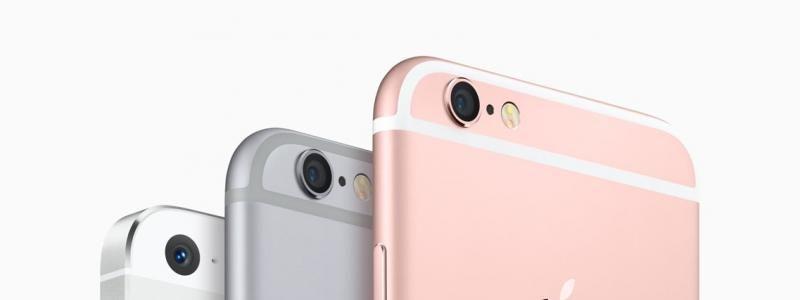How Apple’s iPhone Upgrade Program Can Change Things

Apple did not even make too much noise about it -- the company just made a passing mention of its iPhone Upgrade Program during the official unveiling of its two newest iPhone models, the iPhone 6s and the iPhone 6s Plus, last September 9th of this year. But several industry watchers are now saying that the new iPhone Upgrade Program could be a potential game changer. Here is how it could do it.
Making Mobile Users More Aware Of The Actual Costs Of Owning A Smartphone
Normally, mobile devices come with a price tag. For instance, a 64 gigabyte edition of the iPhone 6 is priced at $650 unlocked when bought from Apple.com. With AppleCare+ and a two year protection plan, the total cost runs to about $800 for a smartphone that is essentially already old (in mobile technology terms). Now consider the Nexus 5 (built by LG), which is comparable to the iPhone 6 (technologically speaking) and retails for $375. Wireless carriers usually hide this price, by allowing the mobile users to pay around $200 to $400 upfront, with the remaining amount recouped in installments that usually go with a regular smartphone service contract.
With Apple’s iPhone Upgrade Program though, mobile users can directly purchase a new iPhone from Apple with installment pricing. And because the new iPhone 6s can access 23 LTE bands (meaning almost any 4G LTE network out there), people really do not need to buy one from Verizon Wireless (CDMA) or AT&T (GSM). Instead, they can just buy the device from Apple, and take it to any wireless carrier they choose. And because no contracts are involved, they can just switch from one wireless carrier to another as needed.
Making Long Term Contracts Near Obsolete
Long term contracts may be a dying breed, with more and more people going for prepaid (instead of post paid) and wireless carriers taking notice of it. What else can explain the fact that in the last few years, major wireless carriers like AT&T, T-Mobile and Sprint have been acquiring smaller operators like Cricket Wireless, Boost Mobile, Virgin Mobile, and MetroPCS, just to name a few. With Apple’s iPhone Upgrade Program, post paid subscribers no longer have to renew their long term contracts because they can just go off contract.
Making International Roaming Easier And Cheaper
The iPhone Upgrade Program allows users to own iPhone 6s units that are truly unlocked - meaning customers can also take them to countries outside the United States. And instead of getting an expensive international roaming package, they can just purchase a local SIM card from wherever they are going.
Bringing The Focus To Apple Instead Of Wireless Carriers
Obviously, with the iPhone Upgrade Program, customers now have more incentive to buy iPhones directly from Apple instead of from wireless carriers. For wireless carriers, this will mean lesser traffic to their stores, while an opposite effect would be true for Apple’s retail stores. There will still be people going to carrier stores, but not necessarily to find the best iPhone deals anymore.
Reducing Sales Of Second Hand iPhones
People often sell their old iPhones in order to buy a new one, but with Apple’s upgrade plan, users just need to surrender the iPhones they are currently using in exchange for the latest, new model.
Related Blog Articles
- iOS 9 Now Adopted By Over Half Of All Apple Mobile Devices
- T-Mobile’s New Promo May Be Best iPhone 6s Deal Yet
- Smartphones, Tablets Now Most Popular Gaming Devices For Kids
- Sprint’s $1 A Month iPhone 6s Deal May Even Be Better Than T-Mobile’s
- Why You Should Learn To Disable The Wi-Fi Assist Feature On iOS 9
- Are The New iPhones Waterproof?
- Are Cable And Mobile Companies Going To Converge In The Future?
- Resales Of Old iPhones Could Increase In Next Few Years
- Android OS Now Has 1.4 Billion 30-Day Active Users Worldwide
- Boost Mobile’s Growing Data Plans: Giving More Data To Customers Who Pay On Time


 Menu
Menu